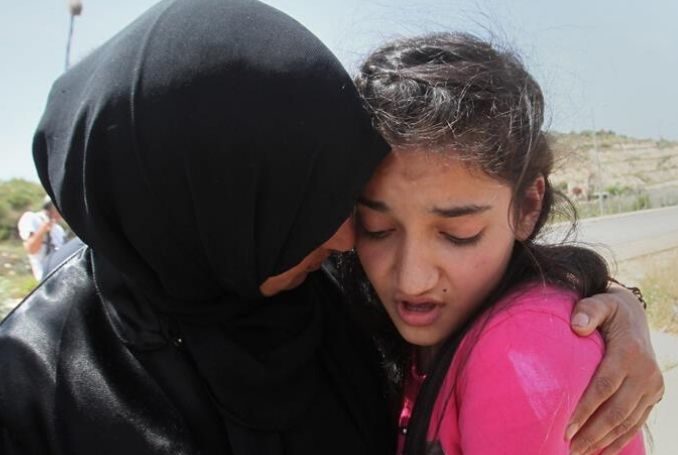
By Jim Miles
(These Chains Will be Broken – Palestinian Stories of Struggle and Defiance in Israeli Prisons. Ramzy Baroud. Clarity Press, Atlanta, Georgia, 2020.)
On first opening Ramzy Baroud’s new book, These Chains Will be Unbroken, there is a series of references from five distinguished activists praising, in different ways, the short anecdotes from those who have been or are imprisoned within the Israeli system.
They speak eloquently of the power and passion generated by the work, of the criminality of the Israeli system, the disgust with the savage and brutal tactics used within the prison system, and the steadfastness and humility of those imprisoned. What more could be added other than to read the individual stories themselves?
And yet I found more could be added. What the initial praise for the work did not actually prepare me as a reader for was the very visceral and sickening feeling as I read how the people of Palestine are treated within the prison system. The knowledge about the prison system is already available but it has never been treated so clearly in this way, directly from the hearts of those involved. Two main thoughts developed as I read each history.
RT Mondoweiss "RT RamzyBaroud: Uplifting and beautifully written. The first review of my book, THESE CHAINS WILL BE BROKEN is out. Thank you Michael Lesher and friends at Mondoweiss https://t.co/YGGkuKCQoJ pic.twitter.com/IEw8YCQX75"
— Richard Hardigan (@RichardHardigan) January 31, 2020
The first is simply family. All the writers expressed a human commonality, the desire to love one’s family in freedom, to be able to provide for them, to be able to move around freely and visit them. They wished for the freedom of Palestine, but that was always underscored by thoughts about their families history and dispossession, by their current desires to help their families and cause them no further harm, to create a future free to be with their loved ones – mothers, fathers, sisters, brothers, all the extended family – in a free society.
In contrast, the second idea, which is certainly not entirely new, is the viciousness, brutality, and immorality of the actions of the Israeli military and judicial system. It was not so much the actual physical torture that sickened me, but the disdain, contempt, and outright brutality of individual military personnel as they controlled those under their jurisdiction.
It is easy to describe the actual physical tortures – the strained sitting and standing positions, beatings, burnings, starvation rations, the isolation and deprivation. What is more difficult to comprehend is the psychological torture, the attitude of the jailers towards the prisoners and their families who attempt to visit them.
"These Chains Will Be Broken": @RamzyBaroud's New Book Delivers Resistance Message from Palestinian Prisoners to the World https://t.co/dIqQc4Cdc8 pic.twitter.com/LnFKplsQJ0
— Ramzy Baroud (@RamzyBaroud) January 21, 2020
For a country that boasts of its “most moral” army this work provides the lie to that claim. Using both physical and psychological torture within an overwhelmingly illegal prison network (thus the many “administrative” detentions) only demonstrates the racism and hatred engendered by a society in which military rule and control predominate.
These twenty stories are but a small sample of what is inflicted on the Palestinian population as a whole, the hundreds of thousands who have at one time or another been victims of the Israeli military and judicial system. It extends to every aspect of the Israeli colonization of Palestinian territory, the millions of people denied basic humanitarian freedoms. These Chains Will Be Broken is a short read, but a difficult and necessary one.
– Jim Miles is a Canadian educator and a regular contributor/columnist of opinion pieces and book reviews to Palestine Chronicles. His interest in this topic stems originally from an environmental perspective, which encompasses the militarization and economic subjugation of the global community and its commodification by corporate governance and by the American government.

– Jim Miles is a Canadian educator and a regular contributor/columnist of opinion pieces and book reviews to Palestine Chronicles. His interest in this topic stems originally from an environmental perspective, which encompasses the militarization and economic subjugation of the global community and its commodification by corporate governance and by the American government.







